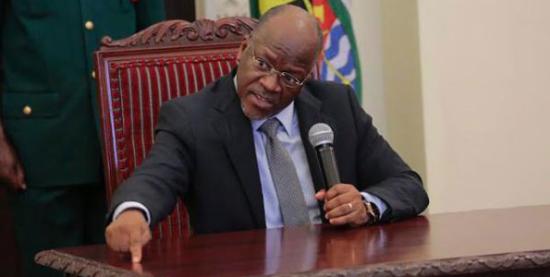Tanzania is at a crossroads as to which way to go in order to realise maximum gains from gold mining. The industry reportedly has the potential to earn $1.89 billion in revenue.
Parliament is sharply divided on the way forward, with ruling party CCM lawmakers calling for termination of existing contracts that have brought in $5 billion in investments as the opposition warns of reprisals from the litigation that would ensue.
During a debate in parliament last week, the opposition called for the renegotiation of contracts with companies like Acacia to include clauses on revenue sharing, besides the royalties and taxes that the extractors already pay the government. A report suggested that Acacia Mining was under-declaring the value of mineral ores it exports.
Under a 2010 mining legislation, the government could also invoke a provision to get 40 per cent of the shares from mining.
President John Magufuli is said to be waiting for a report, expected on Monday, from a committee that he set up to review mining contracts.
Mining companies have called for dialogue.
“Let the government negotiate with Acacia or any other mining firms. That’s the best option not nationalisation or revocation of contracts,” a consultant with PricewaterhouseCoopers said.
Call for nationalisation
While debating the budget for the Ministry of Minerals and Energy, MPs from the ruling party called for nationalisation of all major mining contracts.
That would be against the Multilateral Investment Guarantee Agency Convention, which binds governments to safeguard foreign investments in their territory. Tanzania is a signatory to the Convention.
“We need to change our laws, including our Constitution, in order to put the country’s minerals resources in the hands of the people. Revenue sharing agreements will eliminate the allegations of tax evasion or tax avoidance, which have dominated the industry for years,” opposition politician Zitto Kabwe said during the debate in Parliament.
Opposition chief whip Tundu Lissu said President Magufuli should not have banned the exportation of gold-copper concentrates without following due process.
“If President Magufuli was serious, he would have first changed the entire law,” Mr Lissu said.
©The Eastafrican



